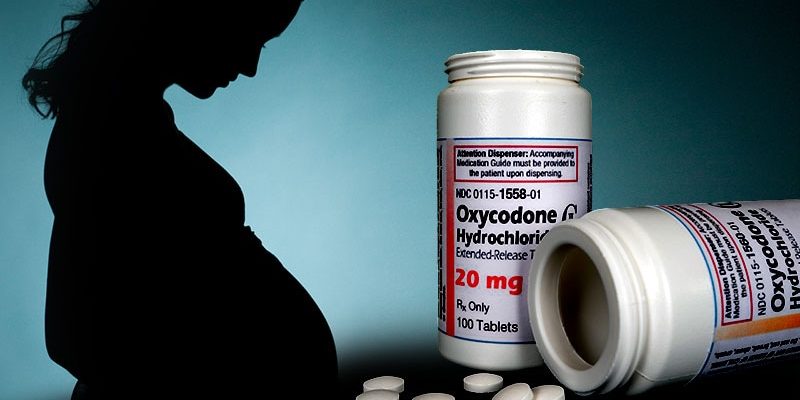Drug overdose deaths in pregnant and postpartum women rose by about 81% from 2017 to 2020, researchers report in a JAMA research letter published online Dec. 6.
Pregnancy-associated overdose deaths were highest in 2020 as the COVID pandemic began, according to the researchers, Emilie Bruzelius, MPH, and Silvia S. Martins, MD, PHD, with the department of epidemiology, Columbia University School of Public Health in New York.
The deaths were identified using International Statistical Classification of Diseases and Related Health Problems (ICD-10) pregnancy-related codes and death certificate pregnancy checkbox status.
The checkbox, part of all states’ death certificates, asks whether the person was pregnant at the time of death, within 42 days of death (early postpartum) or within 43-365 days of death (late postpartum).
Sharp Increase at Start of COVID Pandemic
The authors note that pregnancy-related overdose deaths have been climbing from 2007 to 2019, but increased sharply in 2020.
“Pregnant and postpartum persons are known to face barriers to accessing drug treatment and harm-reduction services, which when compounded by pandemic-associated stressors, health care shutdowns, and increasingly volatile unregulated drug supply may have increased fatal overdose risk,” the authors write.
Of the 7,642 pregnancy-related deaths in the study period, 1,249 were overdose-related, leading to a cumulative overdose death rate of 8.35 per 100,000. From 2017 to 2020, pregnancy-related overdose deaths rose from 6.56 to 11.85 per 100,000. That translates to an absolute change rate of 5.30 per 100,000 and a relative increase of 81%.
The trend mirrors a pattern in people of reproductive age overall, the authors write.
Overdose mortality among reproductive age women similarly increased from 14.37 to 19.76 per 100,000 (absolute change rate, 5.39 [95% confidence interval, 4.94-5.85] per 100,000; relative increase of 38%).
Fentanyl Deaths Increase
The researchers found large increases in deaths involving fentanyl and other synthetics and psychostimulants (methamphetamine and cocaine, for example).
Pregnancy-associated overdose deaths involving benzodiazepines, heroin, and prescription opioids, however, were mostly stable from 2017 to 2020.
Numbers of late postpartum overdose deaths were notable in the paper.
In that group, there were 3.95 deaths per 100,000, compared with those pregnant at the time of death (2.99 per 100,000 or those identified as early postpartum (1.39 per 100 000).
Davida Schiff, MD, director of the Perinatal and Family-based Substance Use Disorder Care Massachusetts General Hospital substance use disorders initiative in Boston, told this publication it’s important to realize from this study that late postpartum period is the highest-risk period and also the time “when many states that have not expanded Medicaid cut off insurance needed to access life-saving health care services. Pregnancy is an important touch point of increased health care access, yet pregnant and parenting people face unique social and legal consequences from their substance use,” Schiff said.
She added, “I’m left wondering how many of the deaths reported could have been avoided if fear of a punitive response when engaging with our health care system had not prevented them from seeking out the care they needed.”
Schiff said the study highlights the importance of the pregnancy-checkbox addition to death records to better characterize pregnancy-associated deaths that previously were likely undercounted.
The authors and Schiff declare no relevant financial relationships.
This article originally appeared on MDedge.com, part of the Medscape Professional Network.
Source: Read Full Article
